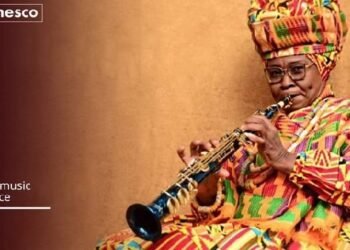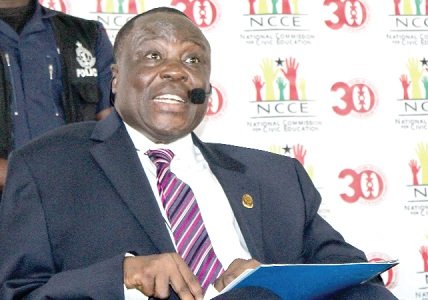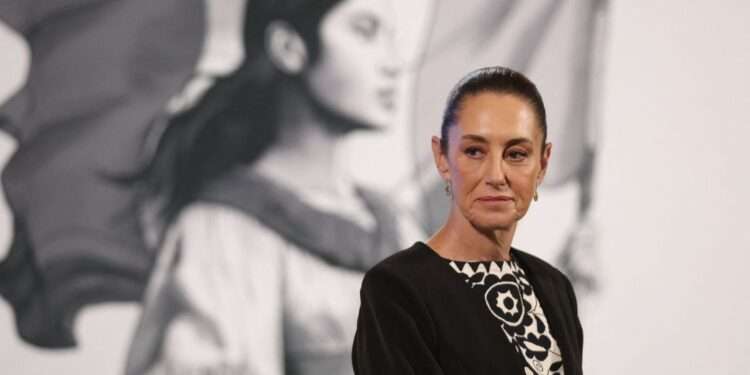Effective artist management in Ghana requires a nuanced understanding of cultural dynamics, strategic networking, talent cultivation, and adeptness in navigating the digital landscape.
While it is tempting to assume that financial backing is the primary ingredient for success, the reality is far more complex.
However, the management of these artists often raises the question of what it truly takes to succeed in the competitive entertainment industry.
Ghanaian artiste manager and CEO of BKC Music, Michael Asante, has revealed that managing musicians in the country involves much more than financial investment.
It requires a lot of deep personal involvement to guide a Ghanaian artist’s career successfully.
Asante, who manages popular rapper Kweku Flick and Afrobeat act Mickey Lux, said, “It takes, in addition to money, emotional, spiritual, and mental connections to successfully manage a Ghanaian artiste.”
“In as much as it is a business, to me, it is more philanthropic than a profit-driven venture. This is because you always have to put the artiste first at all times, ensuring he succeeds by any means possible.”
Michael Asante
Describing artiste management as a hands-on job, Asante called for greater unity and collaboration within the music industry.
He pointed out the current trend in Ghana, where managers operate independently, often adopting a “one man for himself, God for us all” mentality.

According to him, a collaborative approach could considerably enhance the industry.
Ghanaian artists operate within a rich tapestry of cultural heritage that informs their music, performance styles, and public personas. A manager must possess a deep understanding of this cultural context to effectively promote and position an artist.
For instance, the popularity of highlife and hiplife music is deeply rooted in Ghanaian traditions, and a manager who appreciates these genres better navigates the local market and connects with audiences.
Additionally, understanding the nuances of local languages, customs, and societal values allows managers to craft authentic narratives that resonate with fans.
In the entertainment industry, who you know is just as important as what you know. Successful artist management in Ghana involves building and maintaining a robust network of industry contacts, including producers, promoters, venue owners, and media personnel.
Leveraging Digital Platforms Through Artist Management

In today’s digital age, the internet plays a pivotal role in how music is consumed and promoted. Ghanaian artists must be adept at using social media and streaming platforms to reach their audience directly.
A savvy manager understands how to harness these tools effectively, creating engaging content that resonates with fans and promotes the artist’s brand.
Additionally, digital platforms provide opportunities for artists to monetize their work through streaming services, online sales, and merchandise.
Managers must stay informed about the latest digital trends and technologies to ensure their artists remain relevant in a fast-paced industry.
Asante also discussed the role of social media and streaming platforms, noting that BKC Music strives to stay in tune with current trends.
“We catch up with trends but do it differently. I mean, although we follow popular trends, we also do well to add our unique approach to things to make us unique.”
Michael Asante
While financial resources are undeniably important in artist management, they are merely one piece of a larger puzzle.
A successful artist management strategy must incorporate an understanding of cultural contexts, strong networking, talent development, and digital engagement.
By focusing on these multifaceted elements, managers create a sustainable and supportive environment that fosters the growth and success of Ghanaian artists.
As the industry continues to evolve, those who recognize that it takes more than money to manage talent will be the ones who truly thrive in this vibrant and dynamic sector.
READ ALSO: Children Used, Not Guilty: WANEP, Bright Appiah Warn























